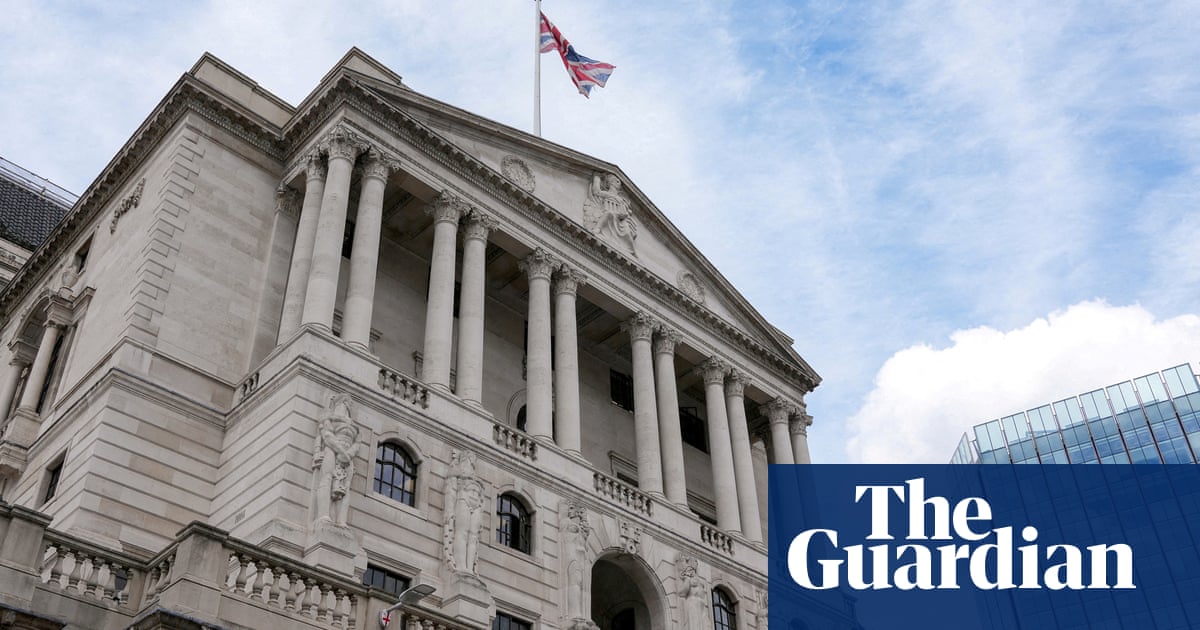
ake your pick for which number was more shocking. Was it the reading of 12.9 on the PMI survey of UK business activity in April, a figure that was many degrees worse than any recorded during the 2008 financial crash? Or was it the quadrupling of the government’s borrowing requirement to an astonishing £180bn over the next three months?
The dire numbers go hand-in-hand, obviously, but here’s the really worrying part for government: the detail in the PMI data, where a number below 50 suggests contraction, offered no support to the hopeful idea that the recovery will be rapid and V-shaped. Instead, the employment index plunged, suggesting the Treasury’s various schemes to protect jobs are having only a limited impact. The much-feared “scarring” of the economy may be happening already.
That points to the next tricky set of trade-offs for government. The economic response to Covid-19 has been built on the idea that a lockdown of two or three months will be followed by a bounce-back. What if, as the chief medical officer suggested on Wednesday, some physical distancing measures have to be in place until the end of the year?
What’s the right level of support for companies in an economy that is half open and half closed? Or one subject to cycling in and out of lockdown at short notice, as the Scottish government’s plan suggested on Thursday?
A few big employers, such as Taylor Wimpey, Aston Martin and Jaguar Land Rover, think they can work within current restrictions and restart operations. That development is welcome, but how to treat an airline, say, that is flying only at half capacity during a “reopening” period that could last months? Should the government’s furlough scheme be extended and continue to pay 80% of the wages of the rest of the workforce? And when would it be prudent to expect pubs and restaurants to pay business rates again?
In theory, the government has set out its stall: having committed to maximise the survival of businesses and jobs, it’s in for the long haul. But the implications for the public finances are potentially enormous. As it is, the Office for Budget Responsibility projected the UK’s borrowing rising to about £273bn this year, equivalent to 14% of GDP, the biggest peacetime budget deficit.
One shouldn’t over-interpret a single month’s survey of business activity, especially one taken during the initial shock of lockdown. But a 14% deficit suddenly looks as if it would count as a good result. It is easy to see how the ratio could be much worse.
Small businesses struggling to access rescue loans
Banks are “putting the shoulder to the wheel”, said the CBI, offering an extravagantly generous interpretation of what’s happening with the Coronavirus Business Interruption Loan Scheme, or CBILS.
A less biased view – one that doesn’t come from an organisation that counts big banks among its largest funders – would acknowledge that the pace of lending is improving, but would still conclude that the numbers are alarmingly low.
A total of £2.8bn has been lent under CBILS to 16,624 companies. About half the money has been lent in the past week, so there is acceleration. On the other hand, there have been 36,000 applications, which suggests many would-be borrowers are still stuck in the system.
The Federation of Small Businesses, rather than the CBI, is probably the body with a better ear for what’s happening on the ground. “We continue to hear from small firms that made enquiries when this scheme launched but have still been unable to make an application because of unresponsive customer service teams,” it says.
As the FSB adds, the average CBILS loan is almost £170,000, which is far more than most small shops, restaurants, gyms and so on are seeking. How many very small businesses have been helped by the scheme? it asks.
The data, compiled by UK Finance, the bankers’ trade body, is not broken down, which may be because the answer would be embarrassing. It is hard to avoid the conclusion that, for very small borrowers seeking only £5,000 or £10,000, the Treasury would have better advised to by-pass the banks and just make a grant.












